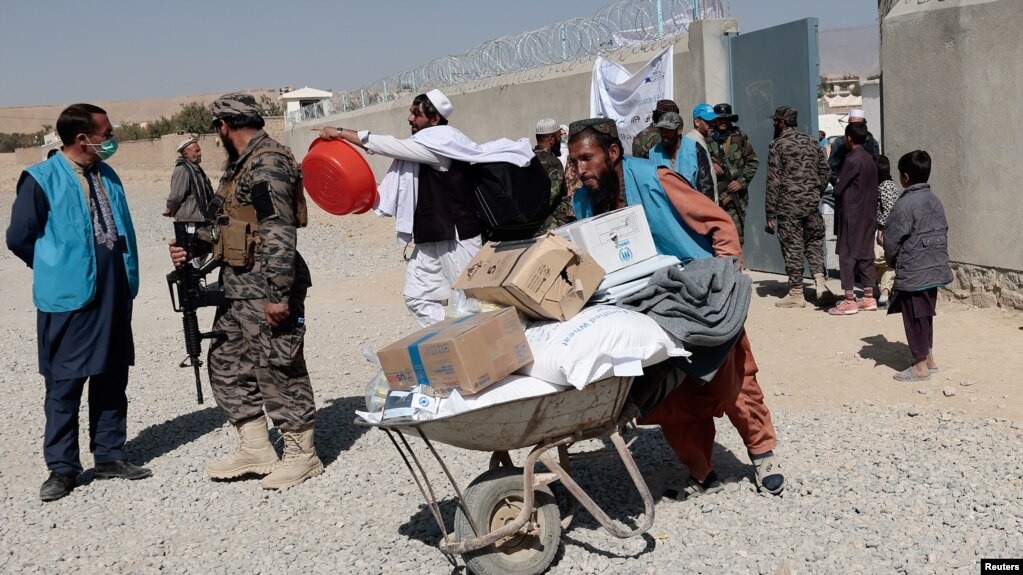The Ministry of Economy (MoE) said the reason for the Afghan currency’s stability is a surge in producing and exportation.
Bloomberg, in a story titled Asia’s Worst-Performing Currency Heads for Another Tough Year, reported the fall of the Pakistani Rupee by 20% versus the dollar in 2023.
According to Bloomberg: “Analysts say its troubles are far from over. BMI expects the currency will weaken to 350 rupees per dollar by the end of next year, while Karachi-based brokerage Topline Securities Ltd. sees it depreciating to 324 rupees per dollar. It closed at 285.64 rupees per dollar on Monday.”
However, the price of the Afghani currency compared to the regional currencies, particularly Pakistani rupees and Iran’s currency, remained stable.
The Ministry of Economy (MoE) said the reason for the Afghan currency’s stability is a surge in producing and exportation.
“The value of our national currency against foreign currencies has significantly increased. The reasons, such as a surge in export, growth in producing and use of national currency in all provinces of Afghanistan, as well as development and economic actions, have been influential in this regard,” said Abdul Latif Nazari, the deputy minister of Economy.
However, economists said that proper actions of the Central Bank and the prevention of smuggling dollars abroad are the main reason for the Afghan currency’s stability against foreign currencies.
“Increase in actions to prevent smuggling of currency abroad caused the Afghani currency to be fairly stable against the dollar,” said Mir Shikib, an economist.
“The continuation of international assistance, which includes weekly cash packages of $40 million and online trade of the central bank” caused the stability of Afghani currency, said Seyar Qureshi, an economist.
 Afghanistan Peace Campaign
Afghanistan Peace Campaign